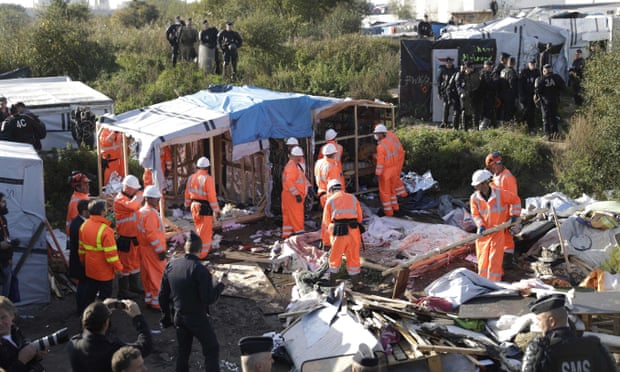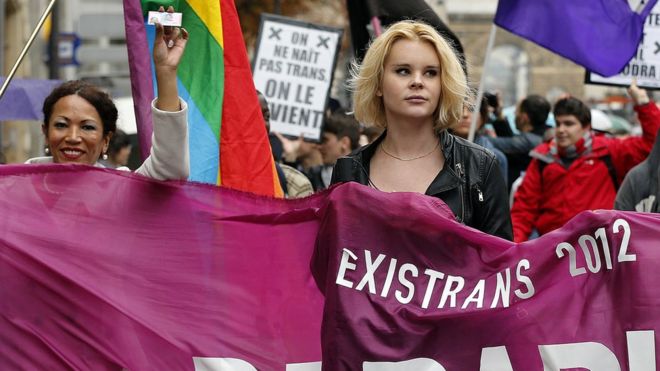By Sarah Lafen
Impunity Watch Desk Reporter, Europe
LONDON, England — The international governing body of soccer, FIFA, has rejected players’ requests to wear embroidered poppy flowers on their jerseys during a game between England and Scotland on November 11. In the United Kingdom, November 11 is the day which memorializes those who have passed away in war. Both England and Scotland have asked FIFA to allow them to wear the symbol out of respect for the Royal British Legion, which is a charity that sells poppy badges to raise funds for veterans. British soccer teams traditionally honor a moment of silence and wear embroidered poppies on their jerseys on the weekend of November 11.

FIFA bans any political or religious messages on jerseys, and Scottish Football Association chief Stewart Regan supports FIFA’s position that the organization is “sticking to the letter of law.” FIFA considers the poppy to be a political statement, and will not allow the symbol to be worn on international shirts unless special permission is given by the organization.
The ban has elicited public outrage from fans. Falklands veteran Simon Weston supports the English Football Association’s position of risking an imposed fine, and allowing their players to wear the poppy on November 11 regardless of what FIFA decides. Weston told reporters that both England and Scotland both “took part in both World Wars and should take the lead. They should pay any fine has to give them. This is not a political gesture.”
The Football Associations of England, Scotland, and Wales are set to meet with FIFA in the upcoming days to discuss whether players should be allowed to wear the poppies on their jerseys. These associations are curious to learn what punishments would be administered should they decide to ignore the ban and wear the poppies anyway, as there are rumors that one punishment could be point reduction. The FAs ensure fans and players that they have “led remembrance discussions with FIFA to allow the England team to show its support for the poppy appeal during the World Cup qualifier with Scotland.”
In 2011, Scottish soccer players were allowed to wear armbands with an embroidered poppy on them after receiving special permission from FIFA.
For more information, please see:
BBC — FIFA ‘Rejects England & Scotland Request to Wear Poppies on Armbands’ — 1 November 2016
ESPN — FIFA Ban England and Scotland from Wearing Poppies in World Cup Qualifier — 1 November 2016
RT — FIFA Refuses to Allow British Teams Wear ‘Political’ Poppy on Shirts — 1 November 2016


